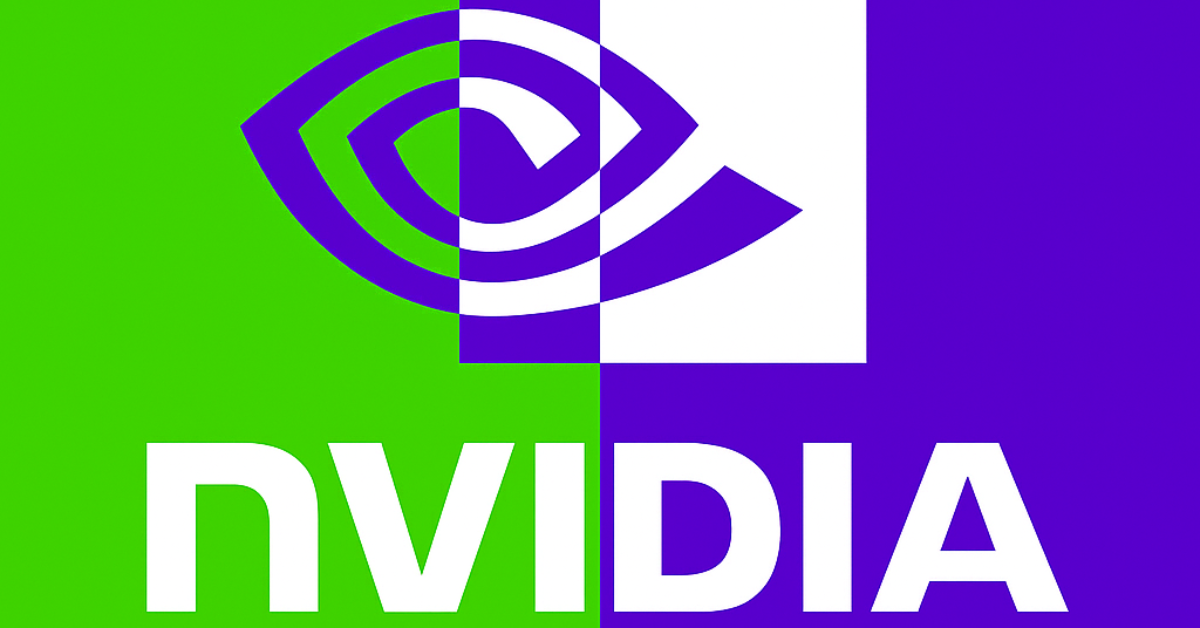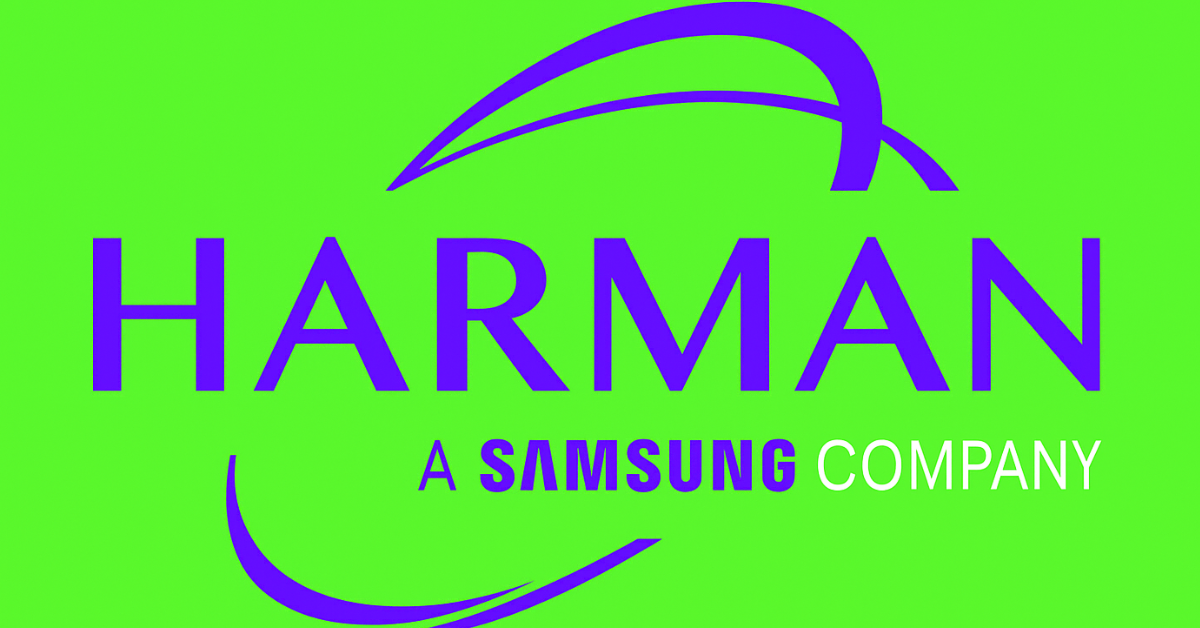This American VC is betting on European defense tech; that’s still very unusual

VCs are known to move in herds, which is why Eric Slesinger stands out a bit. While most American investors chase AI startups or U.S.-based defense tech startups, the former CIA officer is hunting for defense tech deals in Europe. In fact, Slesinger, founder of 201 Ventures , recently closed a $22 million fund focused on seed-stage European defense tech startups. His path from developing gadgets and software for CIA agents to becoming perhaps the only American VC exclusively investing in European defense tech also appears to be a prescient one.
What would compel someone to leave “the best first job ever” at the CIA to pursue this specific ambition? As Slesinger told TechCrunch in a recent StrictlyVC Download podcast interview , the answer came from identifying a critical shift that many missed. “I left because I noticed that the private sector was increasingly playing a role in this competition that I previously had understood really to just be a government to government competition,” Slesinger explained. “What became obvious more so every day was that the private sector was playing such a big role here.”
With degrees from Stanford in mechanical engineering and Harvard Business School, Slesinger’s background helped prepare him to bridge the gap between defense technology and commercial ventures. But it was his willingness to go against conventional wisdom that has made him interesting to investors, founders, and tech reporters alike.
“I have always enjoyed going where other people tend to not want to go,” said Slesinger. “That was why I enjoyed the work at the CIA so much. A couple of things that people there used to say was, ‘go where others don’t go and do what they can’t do.’”
As for what U.S. VCs were missing, from Slesinger’s point of view there were three things. First, “Europe has individual entrepreneurs that are just as hungry, just as high conviction, and just as smart as anywhere else in the world.” Second, “European governments waited way too long to rethink what the arrangement on their own security meant, and therefore hadn’t actually taken a critical eye towards it.” And third, “Europe was quickly being seen and will, in my opinion, continue to be the site of serious gray zone competition,” meaning activities by state or non-state actors that fall between traditional peace and outright war.
Perhaps the most surprising aspect of Slesinger’s European venture has been the cultural resistance he says he encountered regarding defense investments. In 2022, after moving from the U.S. to Madrid, he started the European Defense Investor Network, which now includes entrepreneurs, investors, and policymakers. In a 2023 Medium post , Slesinger wrote about how his European VC colleagues were afraid to talk about their defense related investments. Unlike in America, he told TechCrunch, defense tech investing in Europe “was seen as uncouth, something that should be done but not spoken about, and certainly not spoken about in polite company at the dinner table.” (Slesinger quickly added, “I’m exaggerating a little bit, but there’s a kernel of truth there.”)
He says that cultural hesitance resulted in “many founders thinking about it, deciding not to build a company in the [defense] space.” Now that’s changing. The NATO Innovation Fund — the world’s first multi-sovereign venture capital fund, backed by 24 NATO allies and launched in the summer of 2022 after the Russia-Ukraine war broke out — has helped. Indeed, it’s a significant backer of 201 Ventures.
So has the attention garnered by up-and-coming defense tech startups on the continent, including Munich-based Helsing, which is developing AI for use on battlefields and is currently valued at more than $5 billion by its investors. Another up-and-comer in Slesinger’s portfolio is Delian Alliance Industries, an Athens-based outfit developing surveillance towers to detect autonomous threats. Delian has so far raised seed funding but is a hot ticket that’s surely being actively courted by VCs.
With eight investments to date, 201 Ventures focuses on technologies that address that gray zone competition because, in Slesinger’s words, it’s “happening at scale in Europe, and it will for the next couple of decades.” These market dislocations, he said, “whether they’re price inefficiencies or a government playing a larger role in a market that it might otherwise if not for wanting a sovereign capability . . .these gray zone dislocations actually are a good form of alpha.”
In addition to Delian, another of Slesinger’s bets is Polar Mist , a Swedish startup producing maritime drones with advanced navigation capabilities. Other focus areas include hypersonics and subsurface mapping.
One challenge in funding defense tech startups is the longer development timeline compared to traditional venture investments. Slesinger acknowledged this tension in his chat with TechCrunch: “If you have a 10-year-venture-fund life cycle, that’s a real thing that we sort of have to do things to try to accelerate or bend a little bit.”
Slesinger also thinks that “European companies ought to be doing more lobbying at much earlier stages.”
Both raise questions about whether his gamble will pay off for investors. At the same time, his early vision for a more autonomous European defense ecosystem is becoming embraced by a whole lot of other investors these days as geopolitical tensions rise and Europe rethinks its security arrangements.
Data published earlier this year by the NATO Innovation Fund and the research group Dealroom showed that European startups working on defense and related tech raised 24% more capital in 2024 than in 2023, hitting $5.2 billion — surpassing even AI funding.
With President Donald Trump returning to office in January and casting doubt on the U.S.’s commitment to European defense, that figure is likely to climb even higher.

Published on Other News Site














